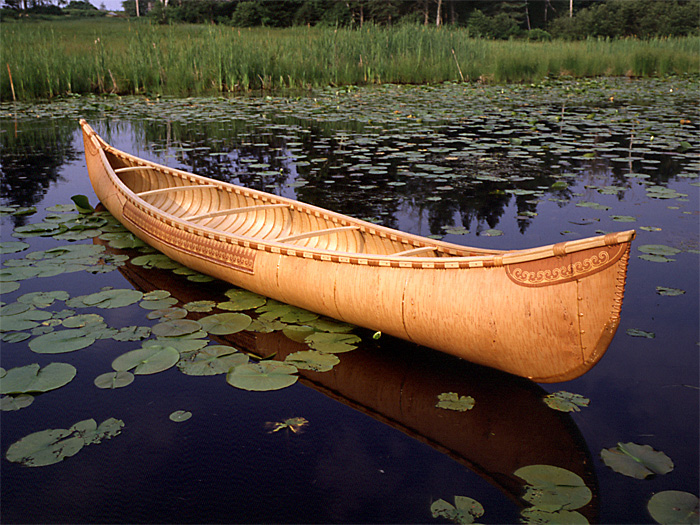I read a long time ago a collection of monographs on Europeans and Indians...A crying shame I cannot reccolect the smigionest of the titles!
It was really very good and covered aspects such as the concept of the Noble Savage, European Indian societies (Many Eastern European and Soviet) and notable vistors to the Old World and their perceptions.
What I really took away from the study was the feeling that few if any Europeans have ever understood such cultures.
(Though not in the sad same way that an ex Head of Arabic at Madrid University boasted he had never actually spoken to a Muslim...)
(For those of you who are not sure, from the 6th century to 1492, Absolutley Nothing happened in Spanish history...)
It was really very good and covered aspects such as the concept of the Noble Savage, European Indian societies (Many Eastern European and Soviet) and notable vistors to the Old World and their perceptions.
What I really took away from the study was the feeling that few if any Europeans have ever understood such cultures.
(Though not in the sad same way that an ex Head of Arabic at Madrid University boasted he had never actually spoken to a Muslim...)
(For those of you who are not sure, from the 6th century to 1492, Absolutley Nothing happened in Spanish history...)


